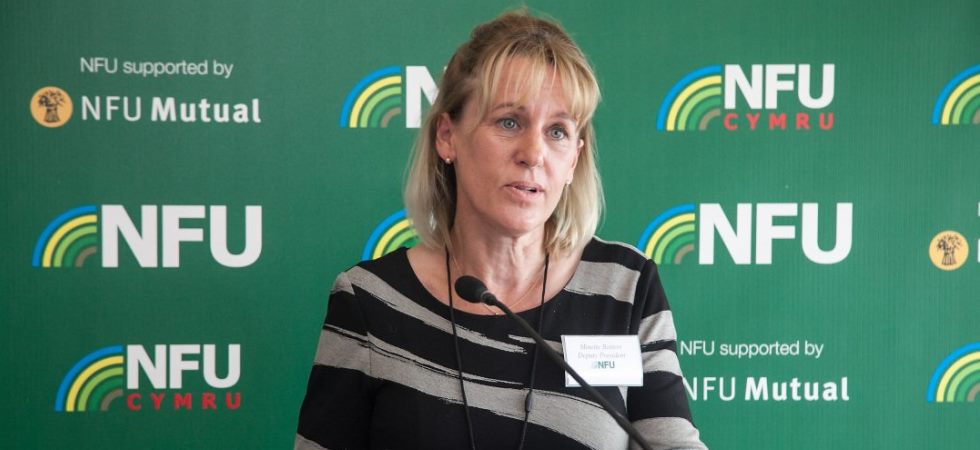National Farmers Union (NFU) president, Minette Batters, says the unveiling of Defra’s roadmap for sustainable farming has left English farmers with “significant questions” which need to be answered urgently.
The roadmap outlines changes that will come into force over a period of seven years which Defra says will help farmers adapt and plan for the future.
The key changes include a Farming Investment Fund, which will support innovation and productivity and investment into animal health and welfare. As well as this, Defra has revealed a new Environmental Land Management scheme to incentivise sustainable farming practices.
Environment secretary, George Eustice, commented on the new plans: “We want farmers to access public money to help their businesses become more productive and sustainable, whilst taking steps to improve the environment and animal welfare, and deliver climate change outcomes on the land they manage.
“Rather than the prescriptive, top down rules of the EU era, we want to support the choices that farmers and land managers take. If we work together to get this right, then a decade from now the rest of the world will want to follow our lead.”
Responding to the new plans, NFU president, Minette Batters, said: “Defra has embraced many of the industry’s ideas for sustainable farming and food production in designing this new agricultural policy for England.
“Farming is changing and we look forward to working with Ministers and officials to co-create the schemes that will help farmers to improve productivity and animal welfare, encourage innovation and realise our ambition to produce increasingly climate-friendly food.
“As with any big policy change, it is critically important to be clear on its economic impact. We would urge Defra to share this assessment as soon as possible, indeed this has been one of our key asks for the past four years.”
“However, the rate at which direct support reductions will take place, which we understand will not be applied in other parts of the UK, leaves English farmers with significant questions. These payments have been a lifeline for many farmers, especially when prices or growing conditions have been volatile, and will be very difficult to replace in the first four years of this transition. Can Ministers be sure that new schemes will be available at scale to deliver redirected BPS payments?
“Take livestock farmers for example, who we project will have lost between 60% and 80% of their income by 2024 as a result of these reductions. What changes will Defra make to ensure that the new Environmental Land Management schemes offer rewards that provide a genuine income for their businesses while maintaining food production?
“These are the questions Defra needs to answer urgently, for every farming sector and every part of the country.
“Expecting farmers to run viable, high-cost farm businesses, continue to produce food and increase their environmental delivery, while phasing out existing support and without a complete replacement scheme for almost three years is high risk and a very big ask.
“There are also many uncertainties during this policy transition, not least new trading arrangements after we leave the transition period, as well as the national recovery from Covid-19 and the global challenge of climate change. Moreover, the long-running price war in UK retail often sees farming and growing caught in the crossfire.
“So Ministers must bear these challenges in mind and use the transition period to also address abuses of market power which not only damage farm businesses but also consumer choice and availability. They must also be mindful of the impact sudden drops in income could have, including seriously jeopardising the viability of a farm business and causing knock-on impacts for domestic food production.
“As with any big policy change, it is critically important to be clear on its economic impact. We would urge Defra to share this assessment as soon as possible, indeed this has been one of our key asks for the past four years.”









